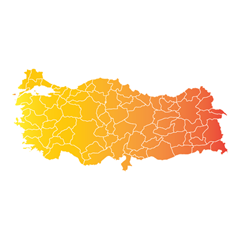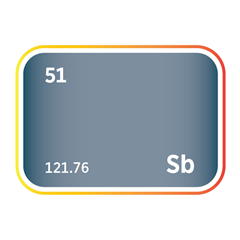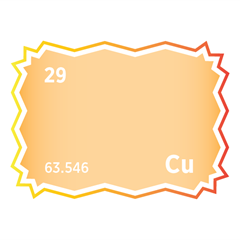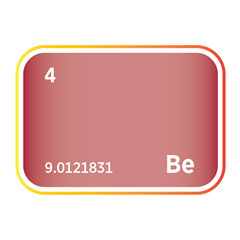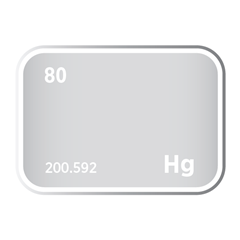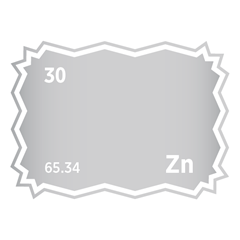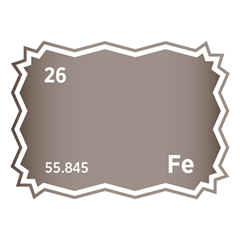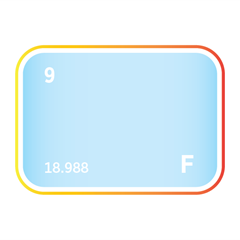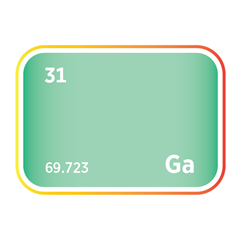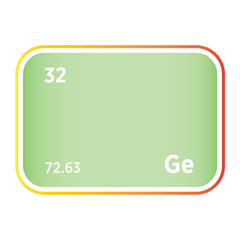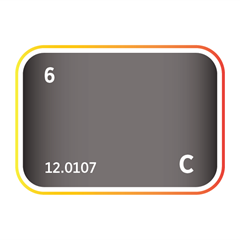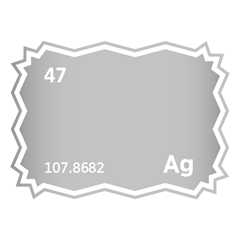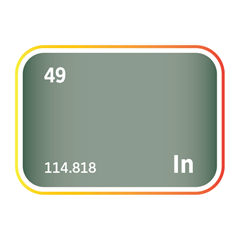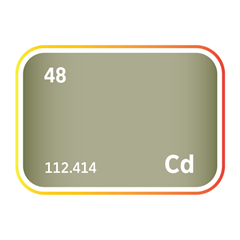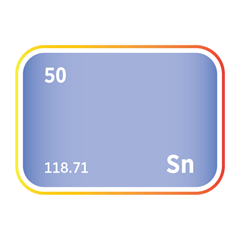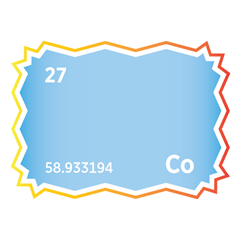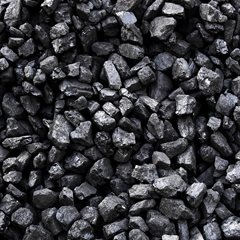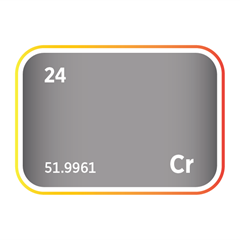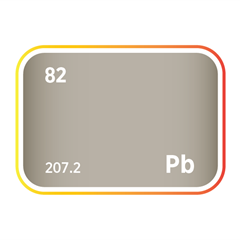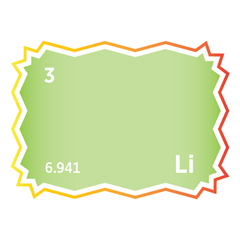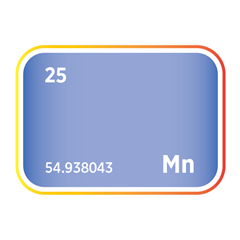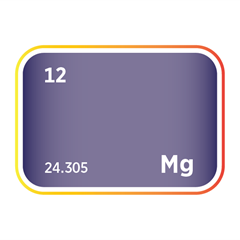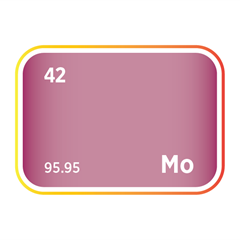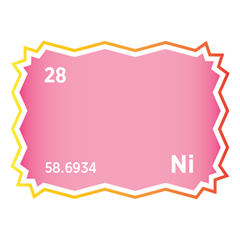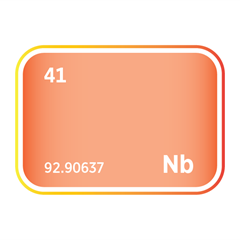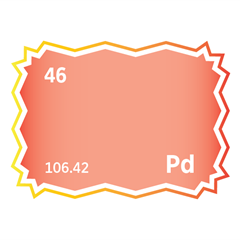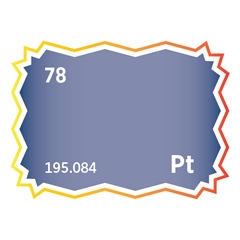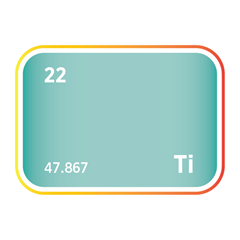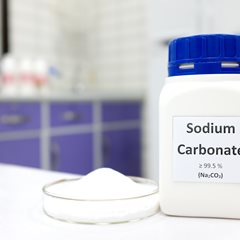Türkiye to Host COP31 in 2026
...Bridging East and West in the Climate Efforts and Energy Transition
18 November 2025
A Landmark COP31 Hosting in Antalya
Türkiye is officially set to host the 31st UN Climate Change Conference of Parties (COP31) in late 2026, in the Mediterranean city of Antalya. This decision emerged during COP30 in Brazil after a novel compromise with Australia, which had also bid to host. Under the deal, Türkiye will hold the conference and COP presidency while Australia’s delegate chairs the negotiations. As an emerging economy straddling Europe and Asia, Türkiye has positioned itself as a bridge between developed and developing nations. Ankara has signalled that COP31 will emphasise global cooperation and solidarity between richer and poorer countries, rather than a narrow regional focus. This inclusive vision aligns with Türkiye’s longstanding role as a bridge between East and West, potentially making COP31 a platform for uniting diverse climate perspectives.
Türkiye’s Green Transition Journey
Over the past two decades, Türkiye has undergone a remarkable green energy transformation. The country’s installed renewable energy capacity reached around 72.5 GW by mid-2025 – a 4.5-fold increase since 2005. Wind and solar power, once negligible, now comprise over 30% of installed capacity, contributing to an overall renewable share of approximately 60% in Türkiye’s electricity system. This surge has been driven by major investments in hydroelectric, wind, and particularly solar projects.
Solar PV capacity alone doubled from 9.7 GW in 2022 to nearly 20 GW by the end of 2024, reaching Türkiye’s 2025 solar target 18 months ahead of schedule. The majority of this growth came from rooftop and self-consumption systems. It is estimated that wind and solar together helped Türkiye avoid about $15 billion in natural gas imports in recent years, reinforcing energy security while reducing emissions.
Looking ahead, Türkiye aims to expand wind and solar capacity to 120 GW by 2035. This target is supported by regular auctions under the YEKA programme, aiming to add at least 2 GW of new renewables annually. The government is also exploring floating solar plants, battery storage, and hybrid energy systems to increase grid flexibility and reliability. These developments show that Türkiye is moving decisively towards a cleaner, more independent energy future.
Intersection of Climate Mitigation and Critical Minerals
Raising Climate Ambition and Policy Reforms
Türkiye’s COP31 presidency follows significant upgrades in its climate policy framework. After ratifying the Paris Agreement in 2021, Türkiye committed to achieving net-zero emissions by 2053. The goal is part of the country’s long-term climate strategy and is backed by more immediate targets, such as peaking emissions no later than 2038.
In a pivotal step, Türkiye adopted its first comprehensive Climate Law in 2025, establishing a legal foundation for domestic climate action. The law mandates public institutions to align their plans with climate targets and includes measures to promote energy efficiency, renewable integration, and nature-based solutions. It also introduces local climate action planning and requires each province to address just transition principles.
A central feature of the law is the development of a national Emissions Trading System (ETS), expected to begin its pilot phase in 2026. Heavy-emitting sectors will be required to obtain emission permits and participate in carbon markets. The ETS is designed to work alongside voluntary carbon initiatives and will be overseen by a new Climate Change Directorate and Carbon Market Board. These reforms indicate Türkiye’s commitment to embedding climate considerations across its economy.


Critical Minerals: Türkiye’s Key to the Energy Transition
The global transition to a low-carbon economy is heavily dependent on critical minerals that underpin clean technologies such as batteries, solar panels, wind turbines, and electric vehicles. According to the International Energy Agency, achieving the Paris Agreement goals will require a fourfold increase in mineral demand by 2040 – and as much as sixfold for a net-zero scenario. This demand covers key inputs like lithium, cobalt, nickel, graphite, copper, and rare earth elements.
Securing resilient, responsibly sourced supply chains for these materials is now a matter of global urgency. It is not only primary extraction that matters, but also the scaling up of secondary sources – through recycling, upcycling, and efficient reprocessing – to ensure full value recovery. Maximising resource valorisation, ensuring ESG-compliant operations, and traceability throughout the supply chain will be essential to sustainable energy systems.
Türkiye has an important role to play in this context. It is home to the world’s largest boron reserves and is already the dominant supplier to Europe, providing nearly all of the EU’s boron imports. The country is also rich in other critical and strategic minerals, including chromium, copper, graphite, antimony, nickel, lithium and rare earth elements. A major rare earth deposit discovered in Eskişehir is believed to be among the largest globally, with plans underway to build refining capacity and processing infrastructure.
Türkiye is actively working to formalise its position in global critical mineral markets. Its recently published national critical and strategic minerals list categorises dozens of minerals based on supply risk and economic importance. The government has also joined international alliances, such as the Minerals Security Partnership, aimed at diversifying supply chains and supporting sustainable development. With its geographical positioning, natural resource base, and expanding industrial capability, Türkiye can be a stable and impartial supplier to both Eastern and Western markets.
In addition to its mineral wealth, Türkiye benefits from strong international trade relationships. It is the EU’s largest non-EU trading partner, with bilateral trade exceeding €200 billion in recent years. The United States is one of Türkiye’s top five export destinations, and UK–Türkiye trade reached more than £20 billion in 2023. Türkiye’s state-of-the-art logistics infrastructure, customs integration with the EU, and extensive transport networks position it as a key conduit in global value chains. As a G20 country, Türkiye is also well-placed to influence multilateral discussions on energy, trade, and climate.
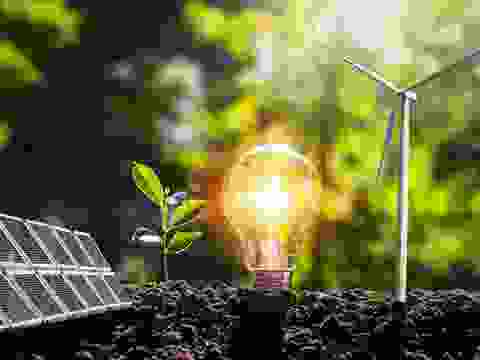


Strategic and Critical Minerals of Turkey
Meet the Critical Minerals team
Trusted advice from a dedicated team of experts.

Henk de Hoop
Chief Executive Officer

Beresford Clarke
Managing Director: Technical & Research

Jamie Underwood
Principal Consultant

Dr Jenny Watts
Critical Minerals Technologies Expert

Ismet Soyocak
ESG & Critical Minerals Lead

Thomas Shann Mills
Senior Machine Learning Engineer

Rj Coetzee
Senior Market Analyst: Battery Materials and Technologies

Franklin Avery
Commodity Analyst
Brought to you by

Ismet Soyocak
ESG & Critical Minerals Lead

Jamie Underwood
Principal Consultant

How can we help you?
SFA (Oxford) provides bespoke, independent intelligence on the strategic metal markets, specifically tailored to your needs. To find out more about what we can offer you, please contact us.


